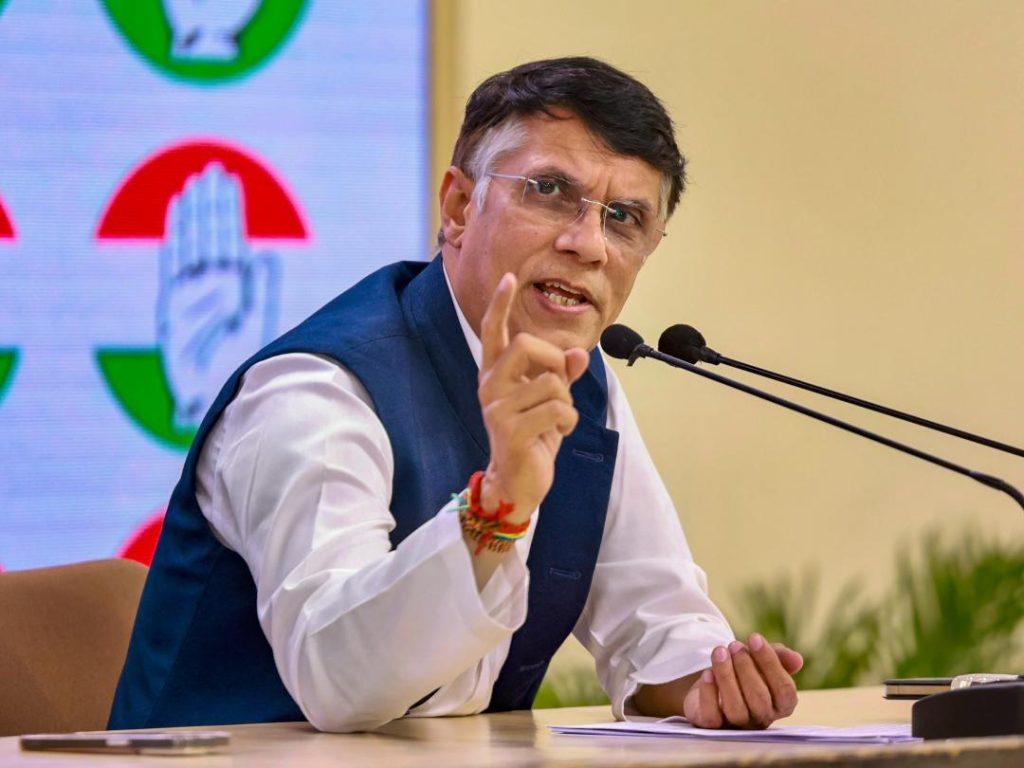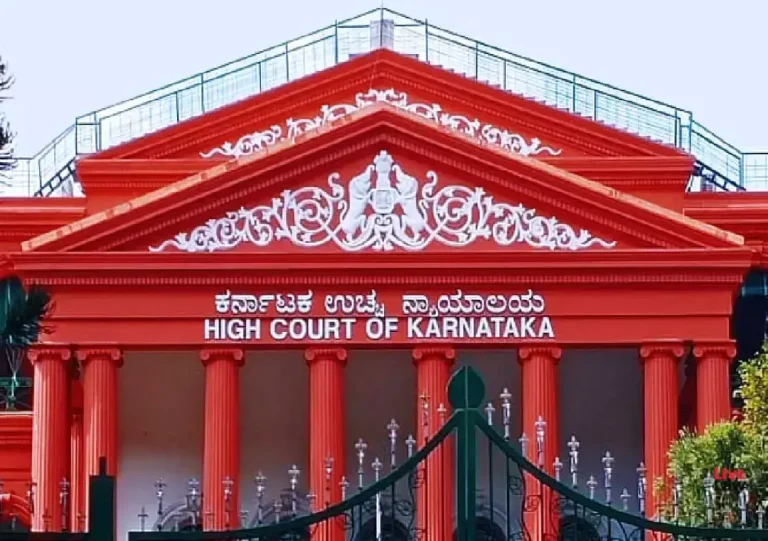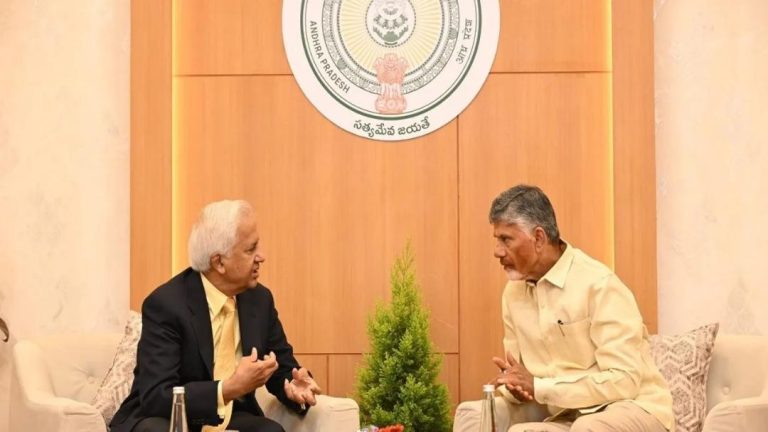
Israel Shares Map Showing J&K in Pakistan, Apologises Later
In a shocking turn of events, the Israel Defense Forces (IDF) recently shared a map that showed Jammu and Kashmir as a part of Pakistan, sparking widespread outrage and criticism. The map was shared on social media, and it quickly went viral, with many taking to Twitter to express their disbelief and anger.
The map was shared by the IDF’s official Twitter handle, and it showed the disputed region of Jammu and Kashmir as being part of Pakistan. The map was accompanied by a caption that read “This is the Middle East” and included a series of hashtags, including #Israel and #Pakistan.
The map was quickly shared by several prominent Twitter users, including Congress leader Pawan Khera, who took to Twitter to express his shock and disbelief. “Another day, another feather in Vishwaguru’s cap,” Khera tweeted, targeting Prime Minister Narendra Modi and his government. “His ‘friend’ shows J&K as a part of Pakistan. What is the meaning of this?” Khera asked.
Khera’s tweet quickly went viral, with many others joining in to express their outrage and criticism. The Indian government and the opposition parties also weighed in, with many calling for the Israeli government to apologize for the mistake.
However, in a surprising turn of events, the IDF later issued an apology, saying that the map was an illustration and did not depict precise borders. “We apologize for any misunderstanding caused by the illustration,” the IDF said in a statement. “It was intended to simplify the complex geography of the region and not to make a political statement.”
The IDF’s apology was met with skepticism by many, who pointed out that the map was shared by the IDF’s official Twitter handle and was accompanied by a caption that included hashtags related to Israel and Pakistan. Many also questioned why the IDF would share a map that showed Jammu and Kashmir as being part of Pakistan, especially given the sensitive nature of the region.
The controversy surrounding the map has sparked a heated debate about the nature of the relationship between India and Israel. While the two countries have had close ties in recent years, with Israel being one of India’s largest trading partners, there have also been concerns about Israel’s stance on the Palestinian issue and its relations with Pakistan.
In recent years, there have been several instances of Israel sharing maps that have sparked controversy. In 2019, the IDF shared a map that showed the Golan Heights as being part of Israel, despite the fact that the region is disputed and has been occupied by Israel since the 1967 war. The map was widely criticized, with many calling for Israel to respect international law and the sovereignty of Syria.
The controversy surrounding the map has also raised questions about the role of social media in shaping public opinion and influencing international relations. In an era where social media is increasingly shaping the way we think and interact with each other, the IDF’s decision to share a map that showed Jammu and Kashmir as being part of Pakistan has sparked a heated debate about the limits of free speech and the importance of accuracy and context.
In conclusion, the controversy surrounding the IDF’s map showing Jammu and Kashmir as being part of Pakistan is a stark reminder of the complexities and sensitivities of international relations. While the IDF’s apology has been met with skepticism by many, the incident has sparked a much-needed debate about the importance of accuracy, context, and respect for international law.
As we move forward, it is essential that we recognize the limits of free speech and the importance of being mindful of the impact of our words and actions on others. In an era where social media is increasingly shaping our relationships and interactions, it is more important than ever that we strive for accuracy, context, and respect for all.






